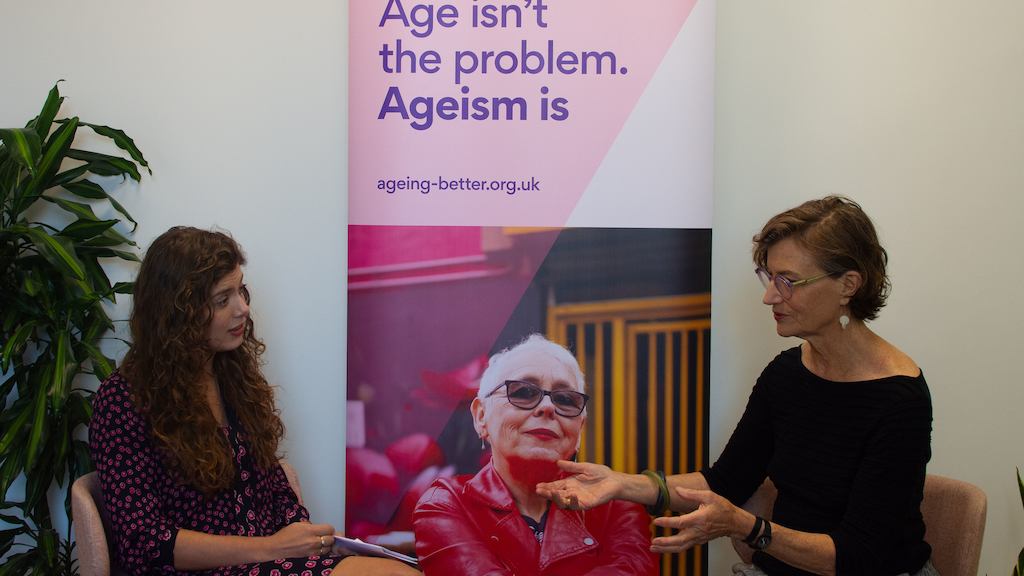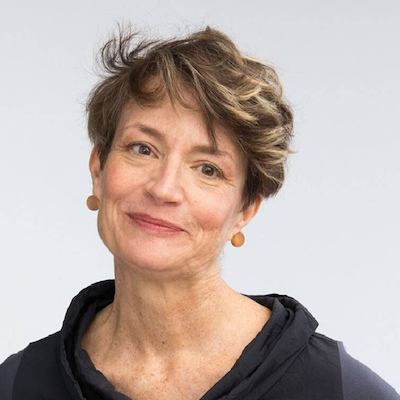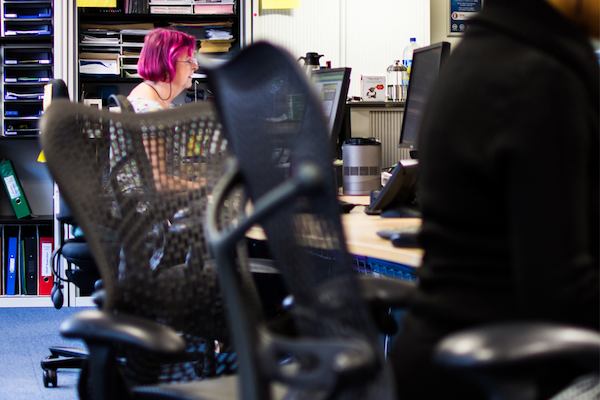So when are we going to end all this discrimination and when is it going to be all rainbows and unicorns and equity for everybody? That is still a long way off, to say the least, but any progress we make against any one of those prejudices undermines them all. Internalised ageism remains one of biggest barriers to overcome.
Ageism takes root in each of us, in denial, in our reluctance to identify as older or, God forbid, old. Even though everyone is ageing every day.
There are many ways to tackle ageism but one thing I recommend is to try and break the ageist habit of heading toward people of your own age when you walk into a room. Age says so much less than we think it does about what people are interested in or capable of. We all probably think those young people, their faces will fall if I go over and talk to them or we make the assumption we’d have nothing in common. But most people will be open to trying to find common ground. And for some people you might not have anything in common - but that won’t be because of the age gap.
I would also advise people to think about how they use the words “old” and “young”, because in an ageist society we tend to use “old” as a placeholder for something negative and “young” to convey positive feelings. When people say “I don’t feel old”, what they really means is “I don’t feel invisible. I don’t feel sexless. I don’t feel incompetent.” I felt all of those things more acutely when I was an adolescent than I’ve ever felt since. Instead use the actual feeling you are trying to describe. What does “old” feel like? I’m not 71 the way anyone else is 71. Ageing is utterly individual.
The first, fundamental step of the journey is to reflect on your own attitude towards age and ageing. You realise all these ideas that have taken up root in your head. And that is uncomfortable but the next step is automatic and it is like breaking a spell: once you see age bias between your ears, you start to see it in the culture around you: on TV, in advertising, in the things that your friends unwittingly say. That’s when you recognize it as a social and political problem that we can come together and do something about.
Ashton Applewhite is an internationally recognized expert on ageism, the author of This Chair Rocks: A Manifesto Against Ageism and co-founder of the awareness raising website The Old School Anti-Ageism Clearinghouse.
The views and opinions expressed in this guest blog are those of the authors. They do not necessarily reflect the policy or positions of the Centre for Ageing Better.


